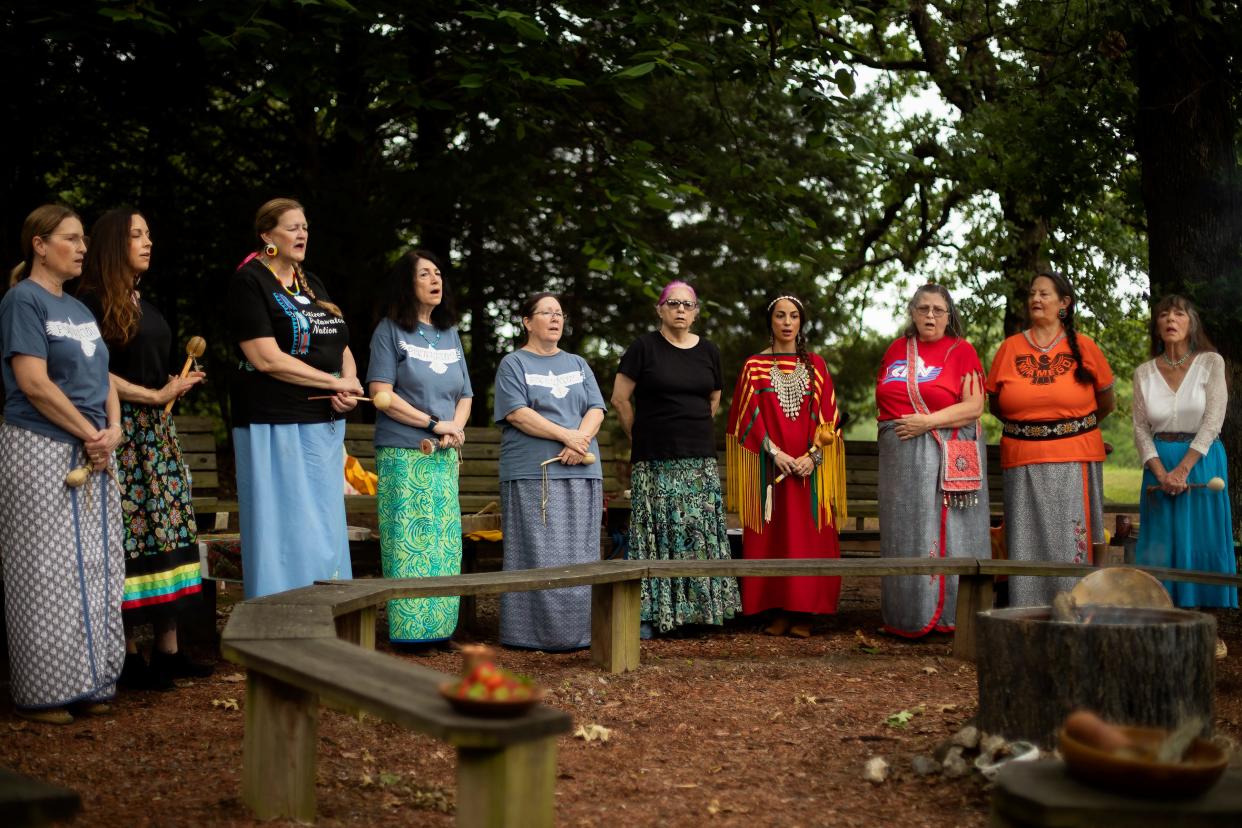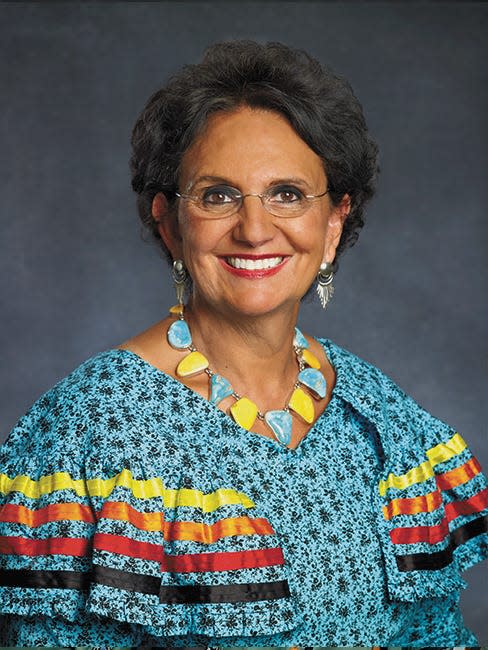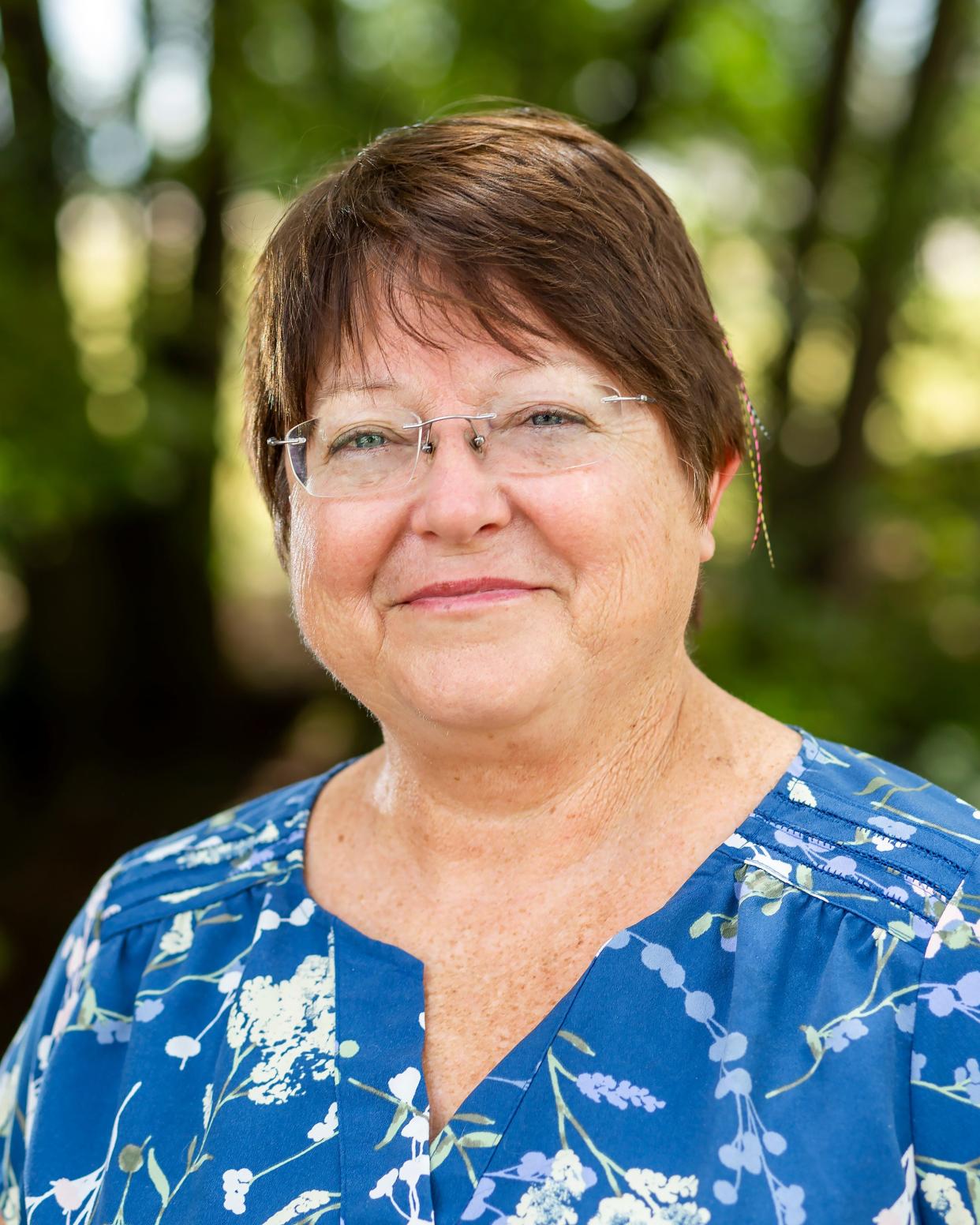Everyone benefits when women wield influence. Tribes understand that

For generations, women in the U.S. fought hard to earn the same privileges as men. Their efforts secured the rights to vote, own land, open a bank account and more.
While these women awaited basic rights for years, numerous Indigenous tribes already had made significant progress in this domain.
The Citizen Potawatomi Nation (CPN) has a longstanding history of assigning tribal women responsibility and appointing them to positions of power. In fact, the Treaty of 1861 allotted land to individual Indigenous landowners. Initially, land was passed down through men, but after only five years, tribal women also were authorized to hold land — more than 20 years before other women in the U.S. were able to do the same.
History even shows Indigenous women had a hand in negotiating treaties, bringing about change while making their voices heard.
More: 'It's thrilling': Native American actresses on Lily Gladstone's historic Oscar nomination
Records show that foreign settlers were often shocked to see Potawatomi women leading meetings and taking on leadership responsibilities, because outside cultures commonly treated women as second-class citizens.
What tribes understood then and now, is the valuable and unique outlook and perspective of women as leaders. Different life experiences influence how we approach problem solving and collaboration, enhancing our community’s ability to identify needs.
Having women in leadership has also been linked to improved financial outcomes. Tribes continue to be an economic powerhouse in Oklahoma, with CPN alone having a $693 million impact in 2023. These contributions wouldn’t be possible without the role of tribal women in the workforce who readily lend their skills and talents across a variety of industries.
More: Guest: Citizen Potawatomi Nation's growth and success benefit all Oklahomans
Representation is key. When little girls see women as leaders, it helps them imagine themselves there, too, and inspires them to reach for the future they want. Because the tribes have a rich history consisting of family matriarchs, women entrepreneurs and others, young girls grow up learning there’s no limit to what they can achieve.

CPN Vice-Chairman Linda Capps is one example. For nearly 34 years, she has served as the tribe’s second-highest elected official, creating new programs and opportunities to help members. Her investments in the community will endure for generations to come, as will her reputation for being a kind and courageous trailblazer.
Everyone benefits when women are part of the conversation and wield influence. The broader society can learn much from how Indigenous communities have uplifted women for generations.

Margaret Zientek is the workforce and social services director at the Citizen Potawatomi Nation.
This article originally appeared on Oklahoman: Learn from tribes; empower female trailblazers
